Finding an allergen-free contract manufacturer

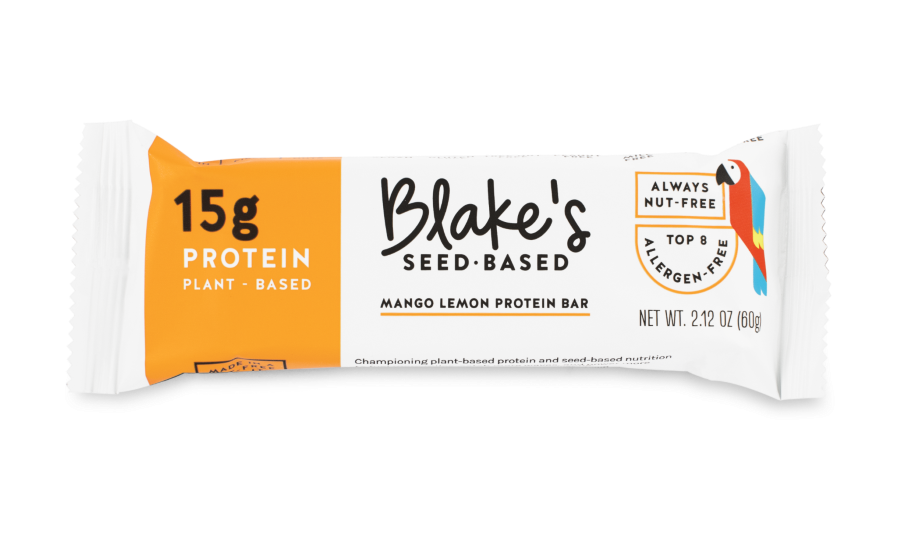
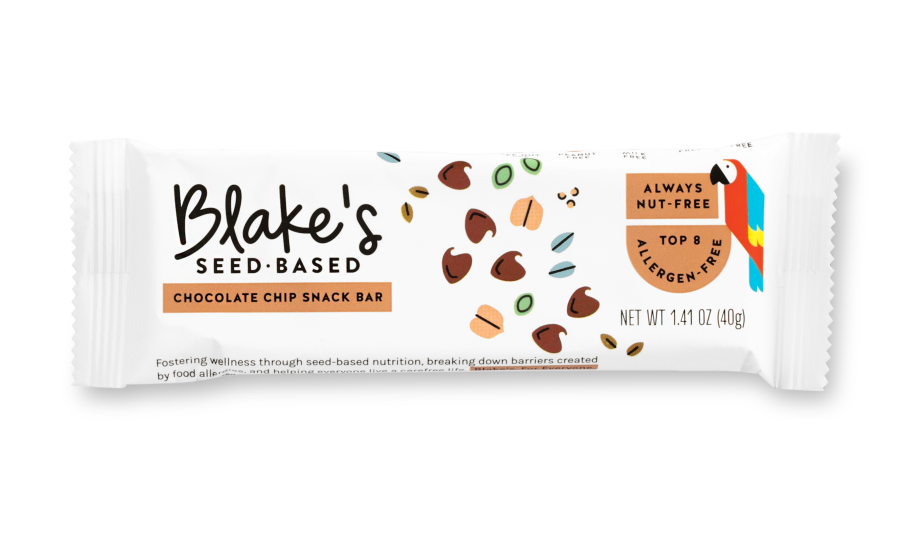
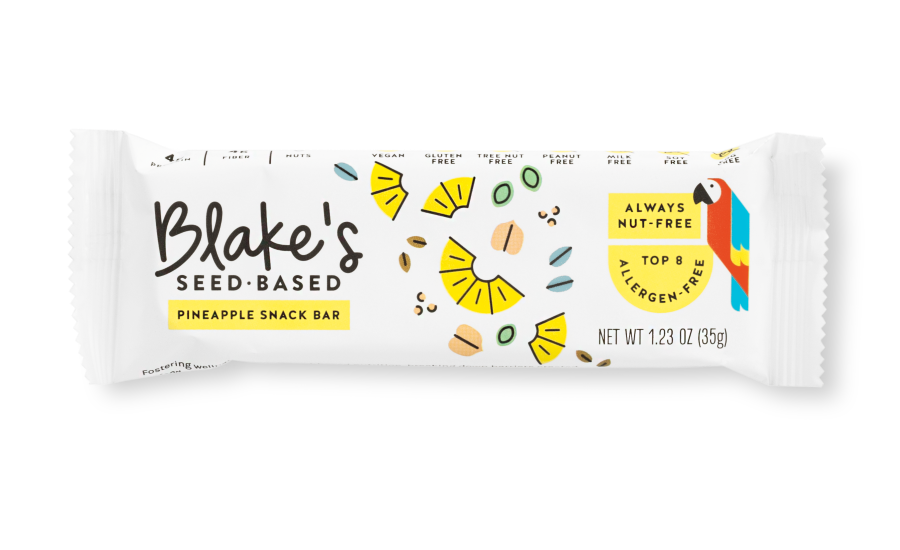
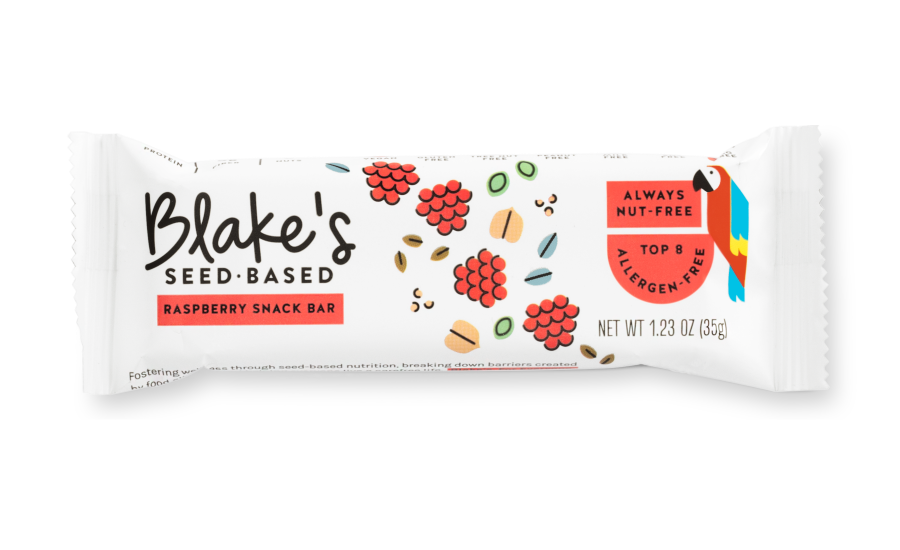
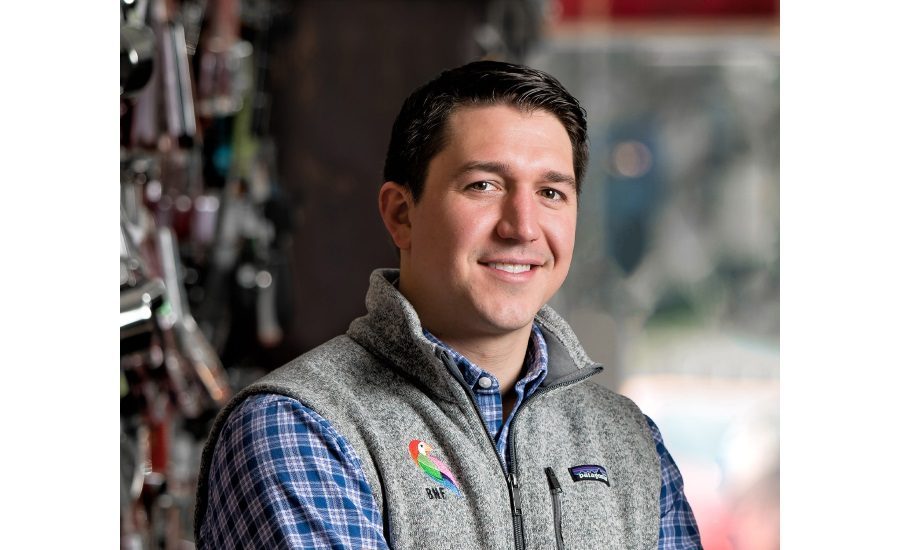






Scaling your food business from your kitchen to a contract manufacturer can seem like a daunting task. A million questions go through your mind. How do I find the right contract manufacturer? Can they create my recipes on their equipment? What is their minimum order quantity? Are they the correct long-term partner? Are they financially stable? The questions can be overwhelming.
This process is complicated even further when you are searching for a contract manufacturer with an allergen-free facility.
Today, over 15 million people in the United States are living with food allergies, with 90 percent of them affected by just eight foods (tree nuts, peanuts, milk, eggs, soy, fish, shellfish, and wheat). 1 in 13 children now has a food allergy. Food allergies are increasing at an alarming rate. The number of children with a peanut or tree nut allergy has almost tripled in the last 20 years.
With the rise in food allergies, consumer needs and expectations have changed. Consumers demand more choice of safe, healthy, and great tasting products as well as greater safety standards and transparency in manufacturing. Those living with food allergies must be aware of what they’re eating at all times. Not only do the ingredients in products matter to people with food allergies, but so does the actual facility in which the products are made. Some food allergies are so severe, that even the slight presence of an allergen in the facility or on the manufacturing line can cause serious harm.
My journey to find an allergen-free manufacturer brought me all over the country. I was determined to find an allergen-free contract manufacturer that I trusted with my life (I have a deathly nut allergy) and the lives of other consumers with food allergies. Here were some of the top things I learned along the way.
1) Visit the Contract Manufacturer in Person
Nothing replaces seeing a facility in person—you need to see for yourself how the product is actually made. You can learn a lot by meeting the individuals who make the product and run the facility. Do they understand food allergies? What certifications do they have? Are any allergens present in the facility? Do they test for food allergens pre, during, and post production? Show up and ask the hard questions. I was shocked to read about “pristine facilities” that claimed to be allergen-free online, only to show up in person and find out this was a flat-out lie. This process can take months so start visiting the facilities early on.
2) Be Patient and Build Trust
Finding an allergen-free facility is not easy, but the worst thing you can do is rush to a decision and choose a bad partner. Due to the seriousness of food allergies, choosing a contract manufacturer that you trust is absolutely critical. It is your brand on the package, but your brand relies on the integrity and capabilities of your manufacturer. Ensure that both sides are aware of exactly how the ingredients are sourced, how the products are produced, and what certifications the facility and your products have. Put it in writing. Clearly communicate all food-allergen information on your packaging. One mishap one either side could be fatal for the consumer.
3) Run A Test Batch
Once you find a facility that matches your allergen-free standards, have the manufacturer make a test batch (or several!) of your product. Ensure that the facility can produce your recipe on their equipment. Make sure the taste, texture, and size of the products are exactly how you want them before you move forward. Every facility has different equipment and processes, so making a test batch up front can avoid a lot of wasted time and cost for both sides.
Overall, finding an allergen-free facility is a very tough process, especially since there are so few options available in the U.S. If you’re selling allergen-free products, first and foremost you’re selling trust. That trust starts with the relationship between you and your contract manufacturer. Despite the challenges, this process is also extremely rewarding. Consumers with food allergies will eventually thank you for taking the extra precaution in creating products that are allergen-free, from source to production. There is nothing more fulfilling than providing allergen-free products to consumers who need them most.
Looking for a reprint of this article?
From high-res PDFs to custom plaques, order your copy today!











